Odisha Electric Vehicle Policy 2021
The state government's draught policy document, which was
released in February 2021, is summarized in the following (which was
later approved in Aug 2021). Financial incentives will be expanded, says CMO
ODISHA, including those for manufacturing industries, purchase incentives,
scrapping incentives, interest-free loans, and the elimination of registration
and road tax. Under the start-up policy, incentives will be given out.
By 2025, the state of Odisha wants to have 20%
of all new vehicle registrations be battery electric vehicles, and it wants to
encourage local production of these vehicles and their parts, including
batteries. With regard to two-wheelers, public/shared vehicles, and goods
carriers in particular, the Policy concentrates on providing incentives for the
purchase and use of electric vehicles.
Incentives for Electric 2-Wheeler/ 3- Wheeler & Private Cars (LMVs)
In the State, two-wheelers make up almost 82% of all
newly registered vehicles. The most common class of automobiles plays a
significant role in air pollution. Cars (LMVs) make up 7.04% of
all registered vehicles, while three-wheelers make up 3.06%. As a
result, it's important to provide strong incentives in order to spur public
interest in these vehicles.
Purchase Incentives at the following rates shall be made available
|
Category of Vehicle |
% Of Subsidy |
The Maximum amount of Subsidy |
|
Electric 2-Wheeler |
15% |
Rs 5000/- |
|
Electric 3-Wheeler |
15% |
Rs 12,000/- |
|
Electric 4-Wheeler |
15% |
Rs 1,00,000/- |
|
Buses |
10% |
Rs 20,00,000/- |
To be eligible for the above incentive, electric two-wheelers
should fulfill the performance and efficiency eligibility criteria outlined in FAME
India Phase-II, which are as follows:
|
Criteria |
Threshold Value |
|
Minimum Top Speed |
40Km/Hour |
|
Minimum Acceleration |
0.65m/s2 |
|
Maximum Electric Energy Consumption |
Not Exceeding 7kWh/100Km |
|
Warranty |
At
least 3 Years comprehensive warranty including that of battery from the
Manufacturer. |
Goods Carriages
·
The
first 5000 electric goods carriers registered in the state will receive
a purchase incentive of Rs.30,000/-.
·
Road
tax and registration fees will be completely waived (100% Exemption) for
the duration of the policy.
·
For
the duration of the policy, 100% SGST on the sale of electric goods
carriages sold and registered in the State will be reimbursed.
·
5% interest
subsidy on loans for the purchase of electric goods carriers during the policy
period.
Incentives for Manufacturing
The Small and Micro EV Battery manufacturing Units will be
facilitated with the following incentives as per MSME Policy, 2016:
|
Category of Enterprise |
Quantum of Assistance |
|
New Micro & Small Enterprise |
25% of capital investment in plant and machinery,
subject to a maximum of Rs.1 crore |
|
New Micro & Small Enterprise owned by
SC/ST/Differently abled/Women/ Technical (Degree/ Diploma) Entrepreneur |
30%
of capital investment in plant and machinery up to a maximum of Rs.1.25 crore |
|
New Micro & Small Enterprise set up in
industrially backward districts including KBK districts |
Additional capital investment subsidy of 5% on
investments in plant and machinery as specified in S.Nos. 1 and 2. |
Incentives EV Charging Infrastructure
The government will provide a grant of up to Rs.5000/-
for the purchase of charging equipment for the first 20,000 such points.
Grants will be available for those points that meet all of the electrical standards
specified by the state's Electricity Distribution Companies.
Policy Document
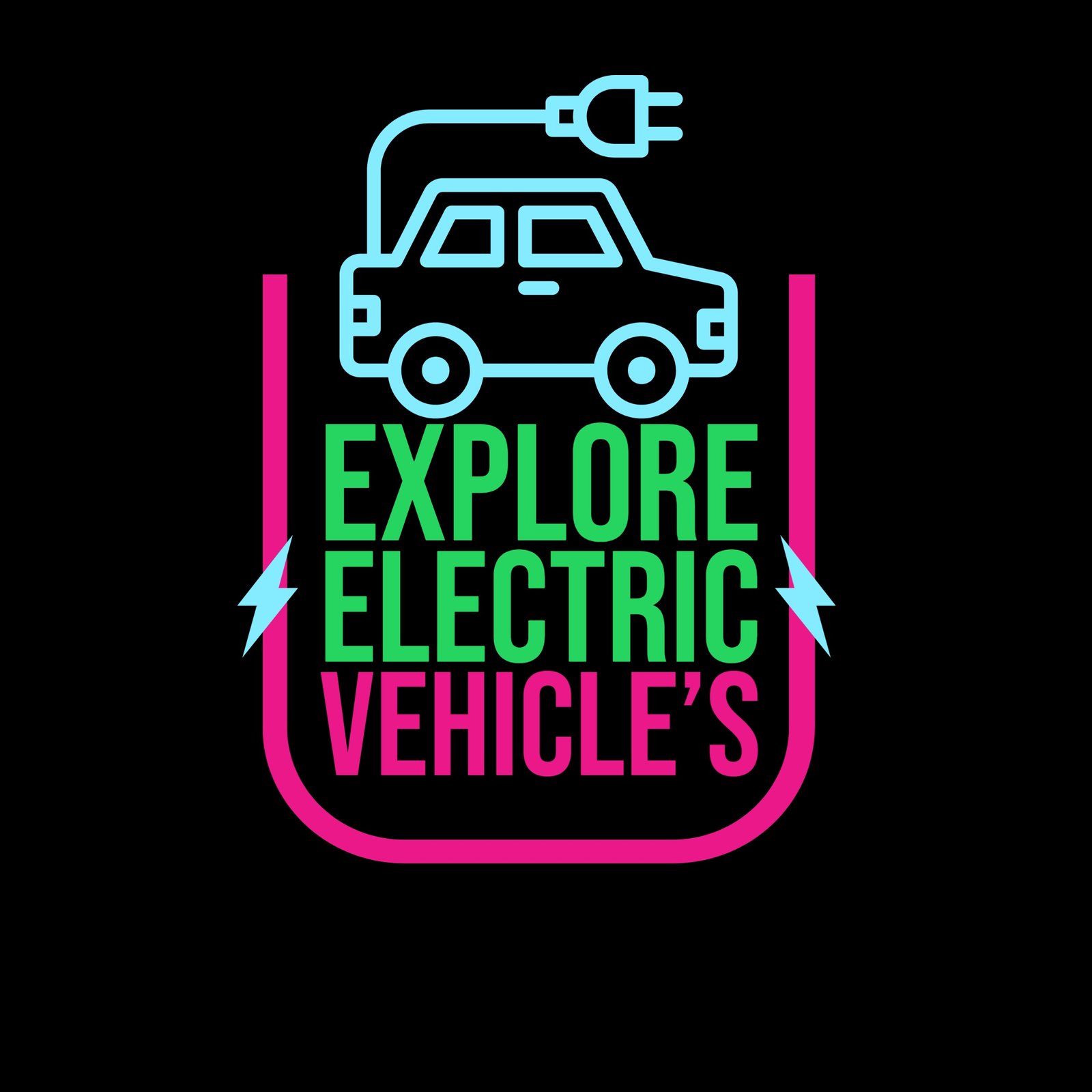

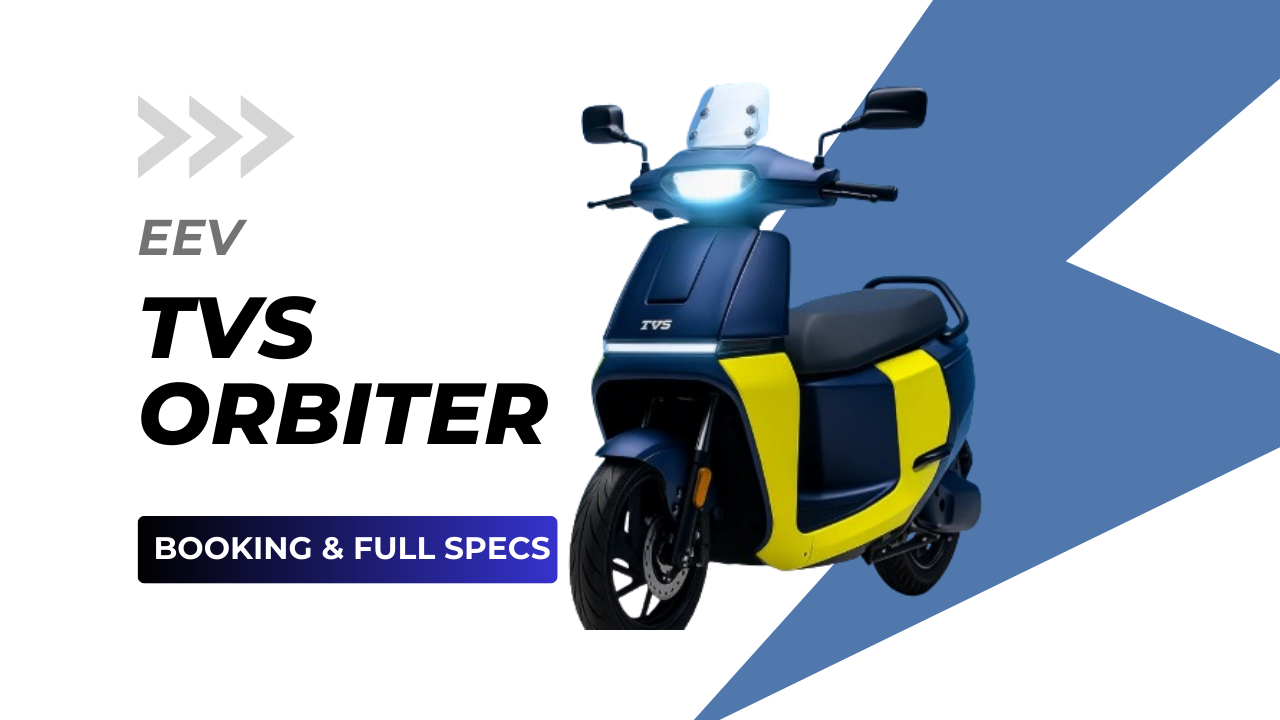
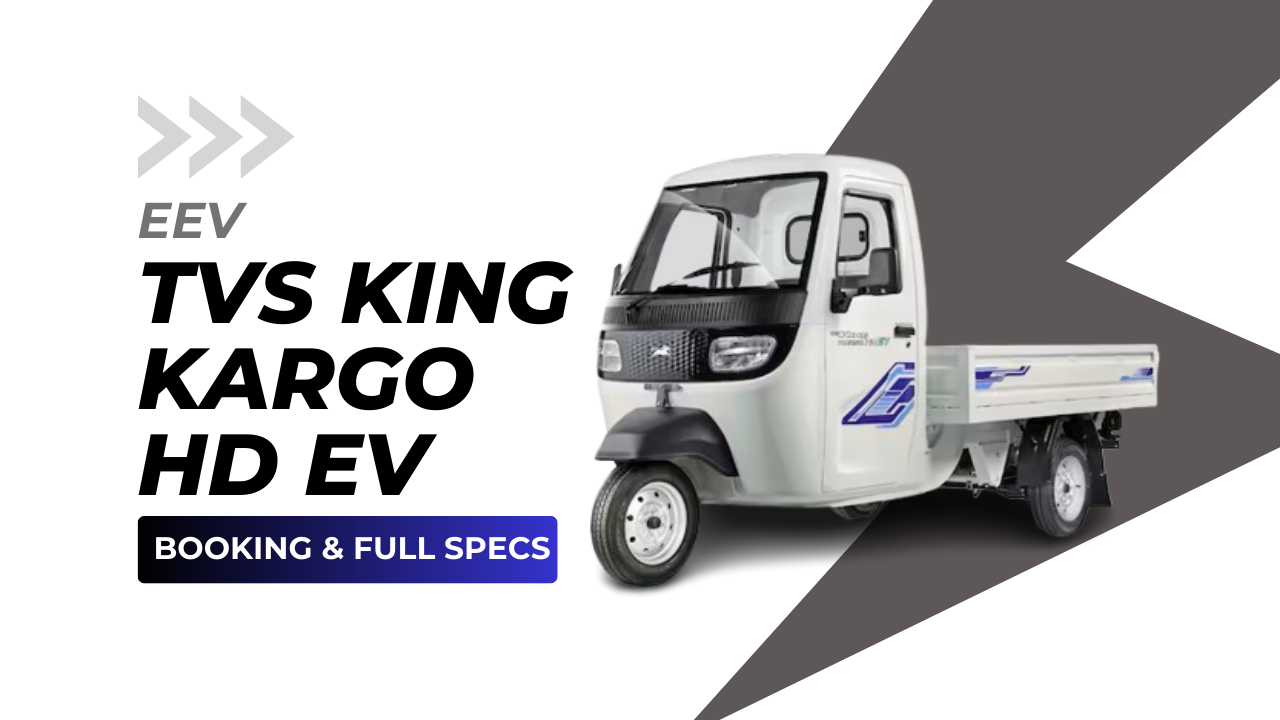
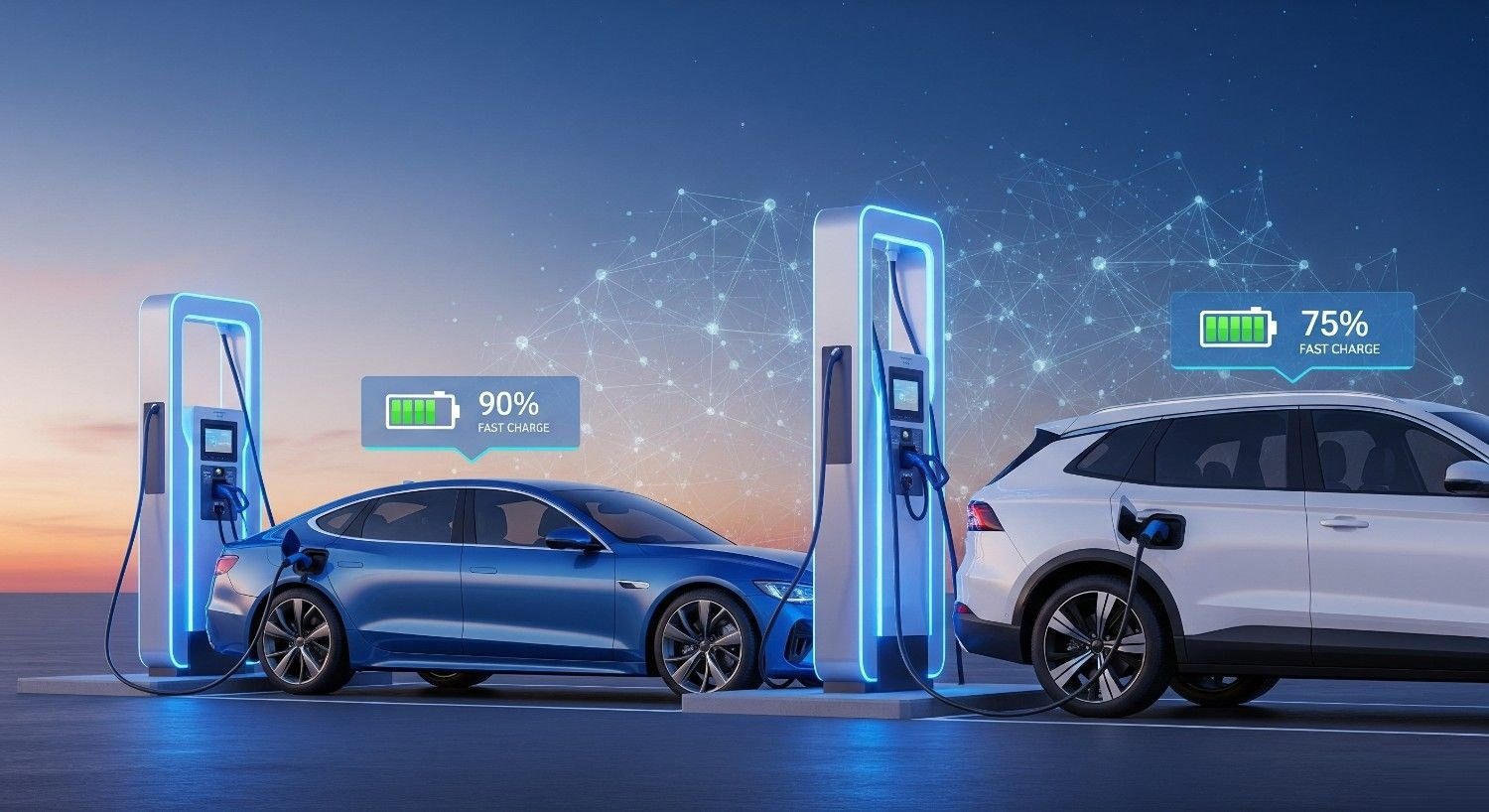

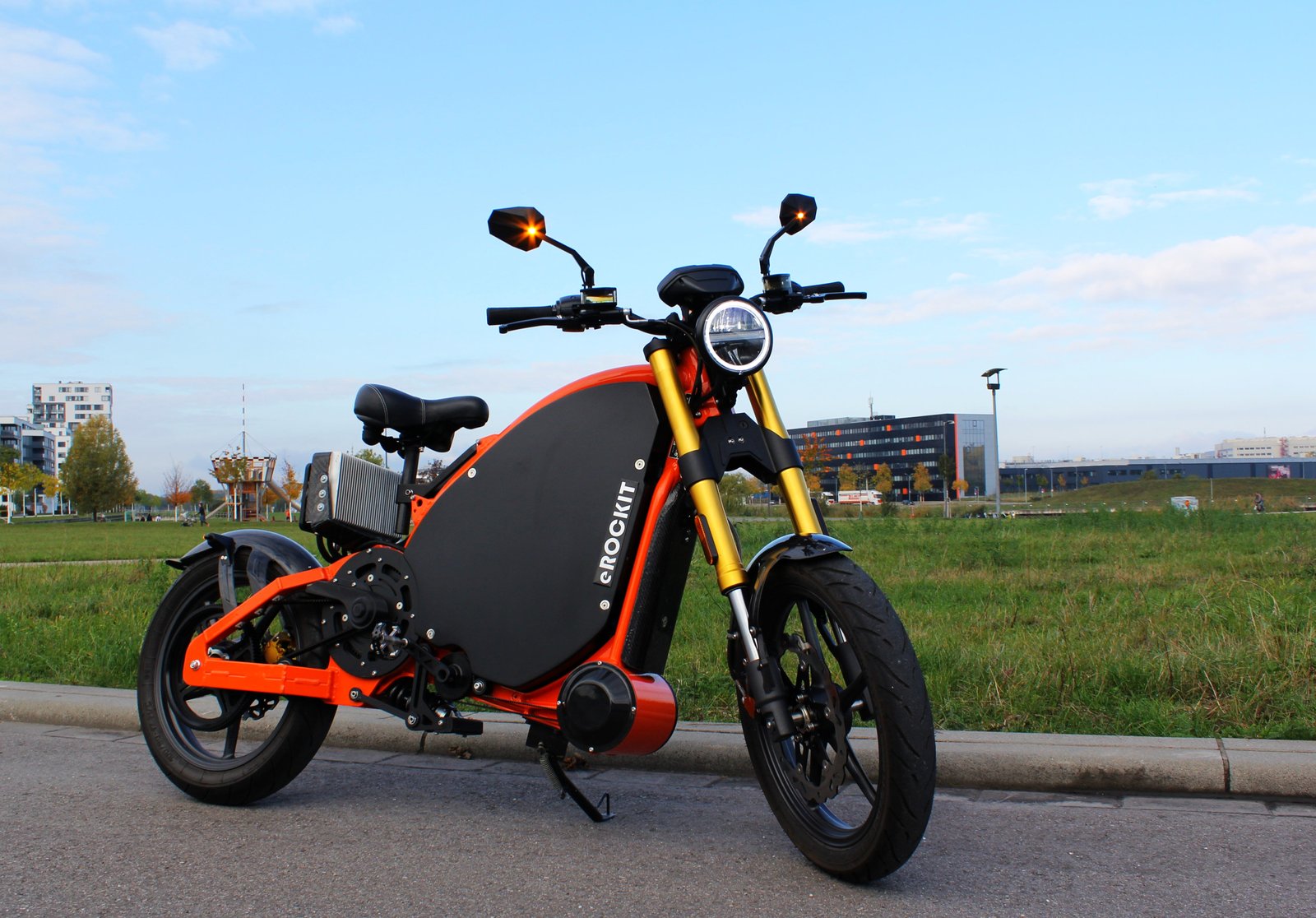

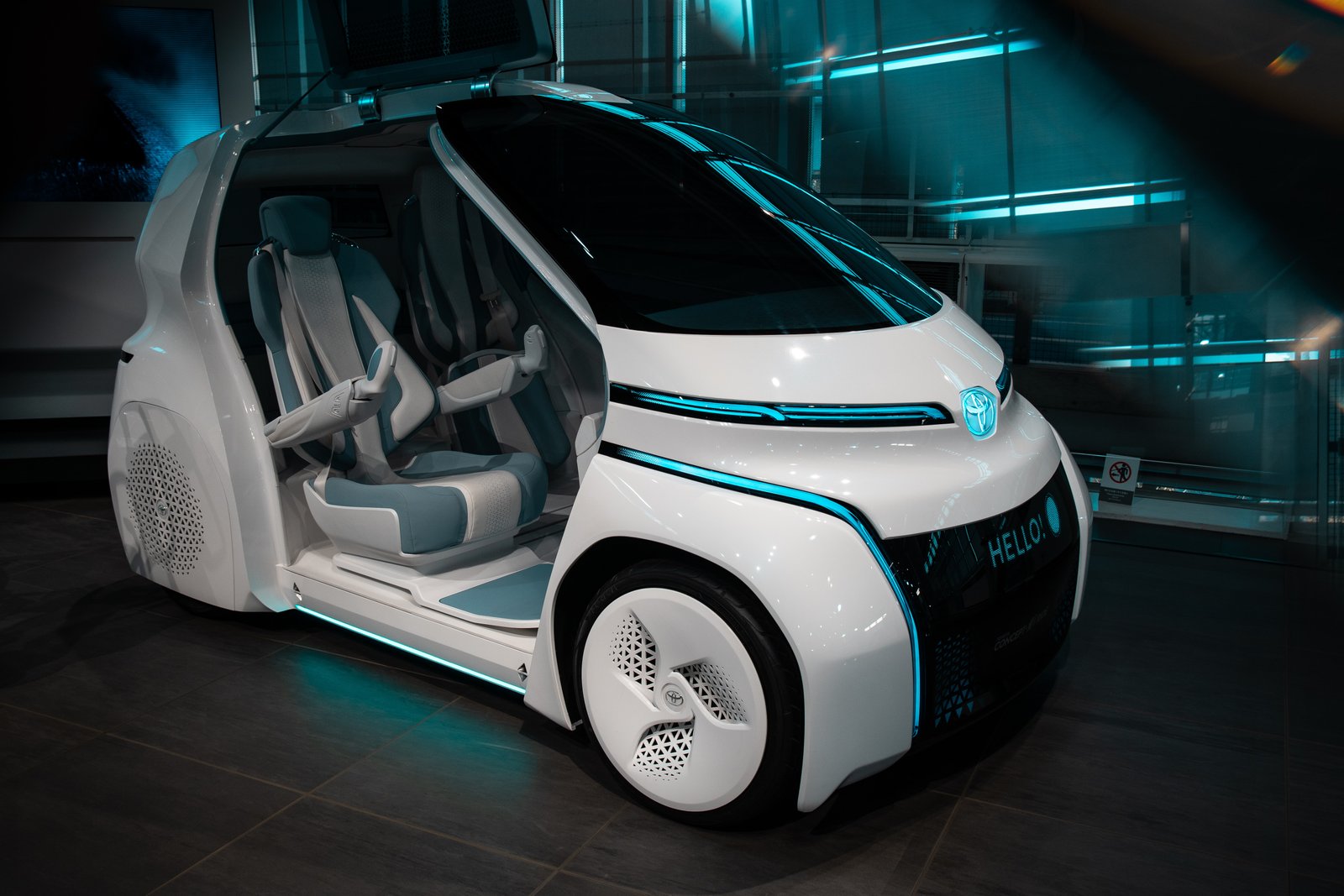

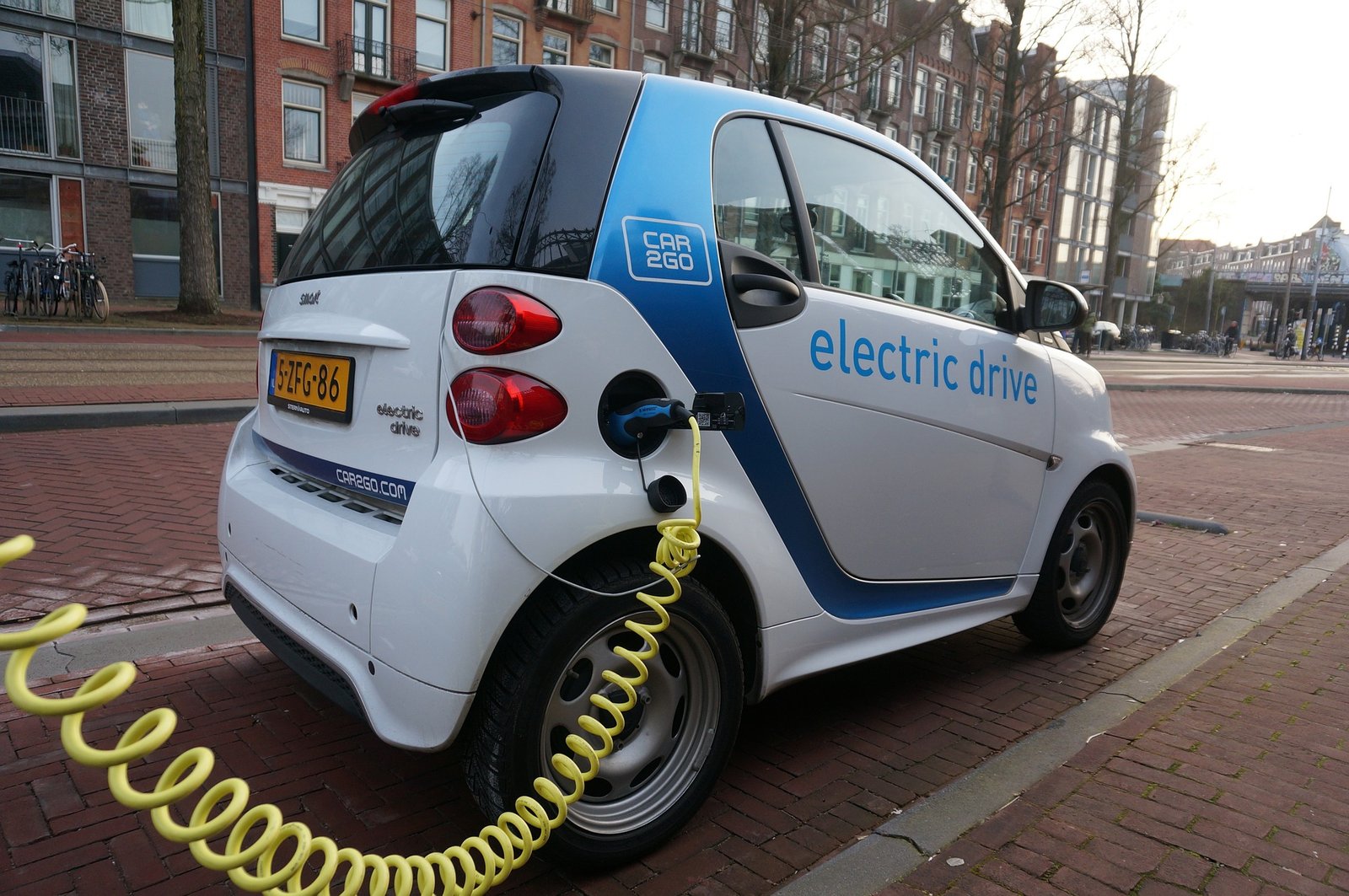
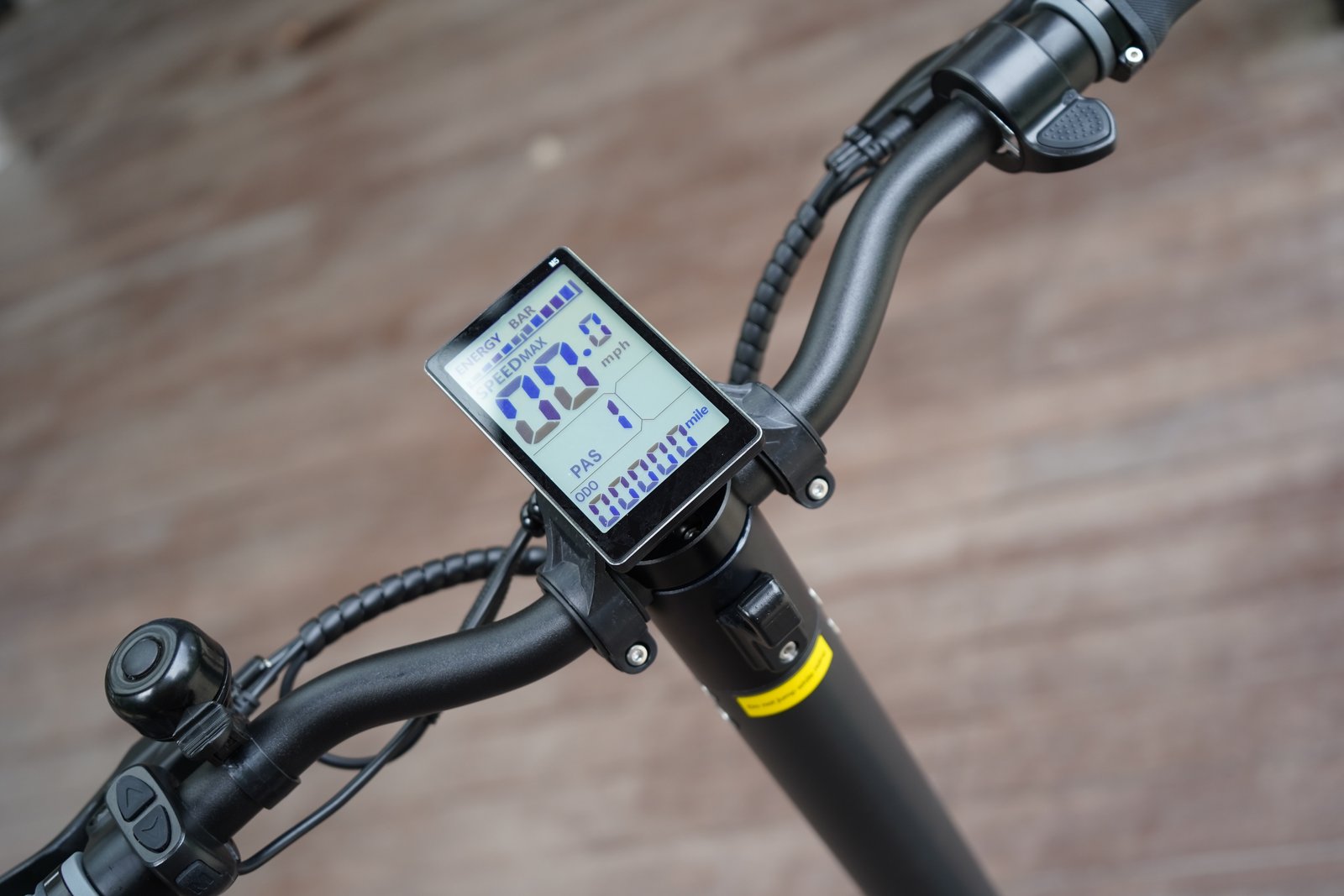
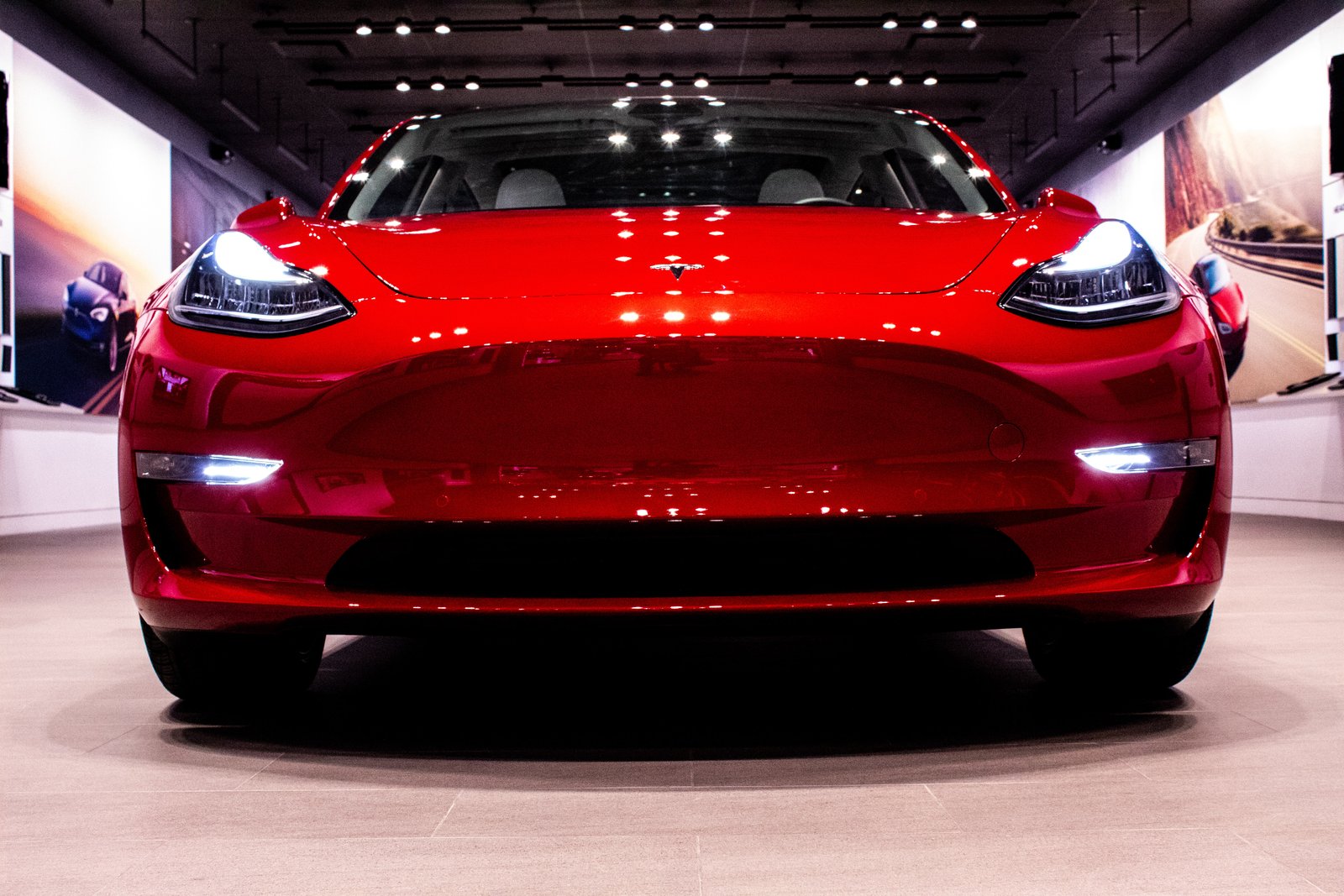
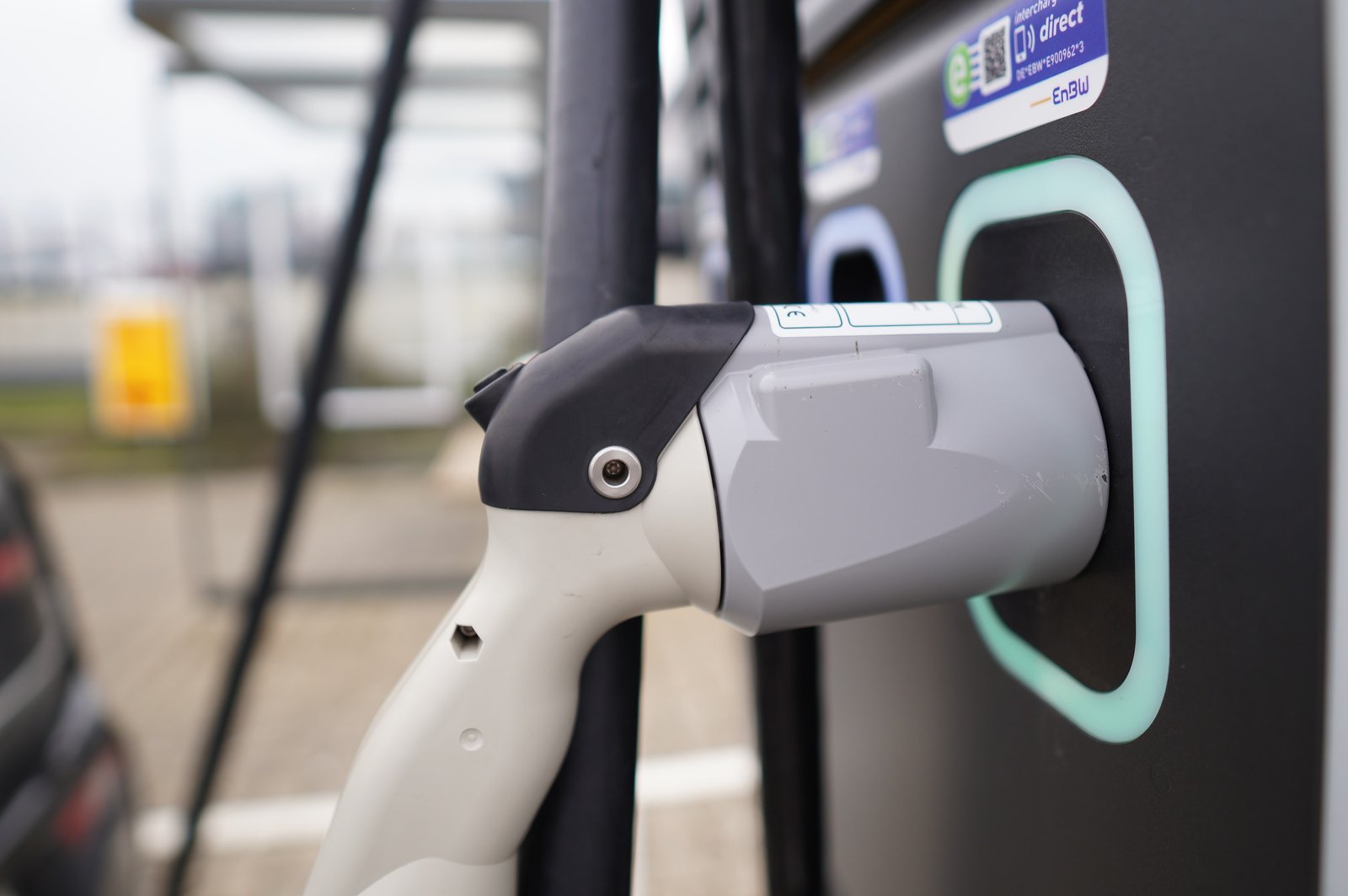
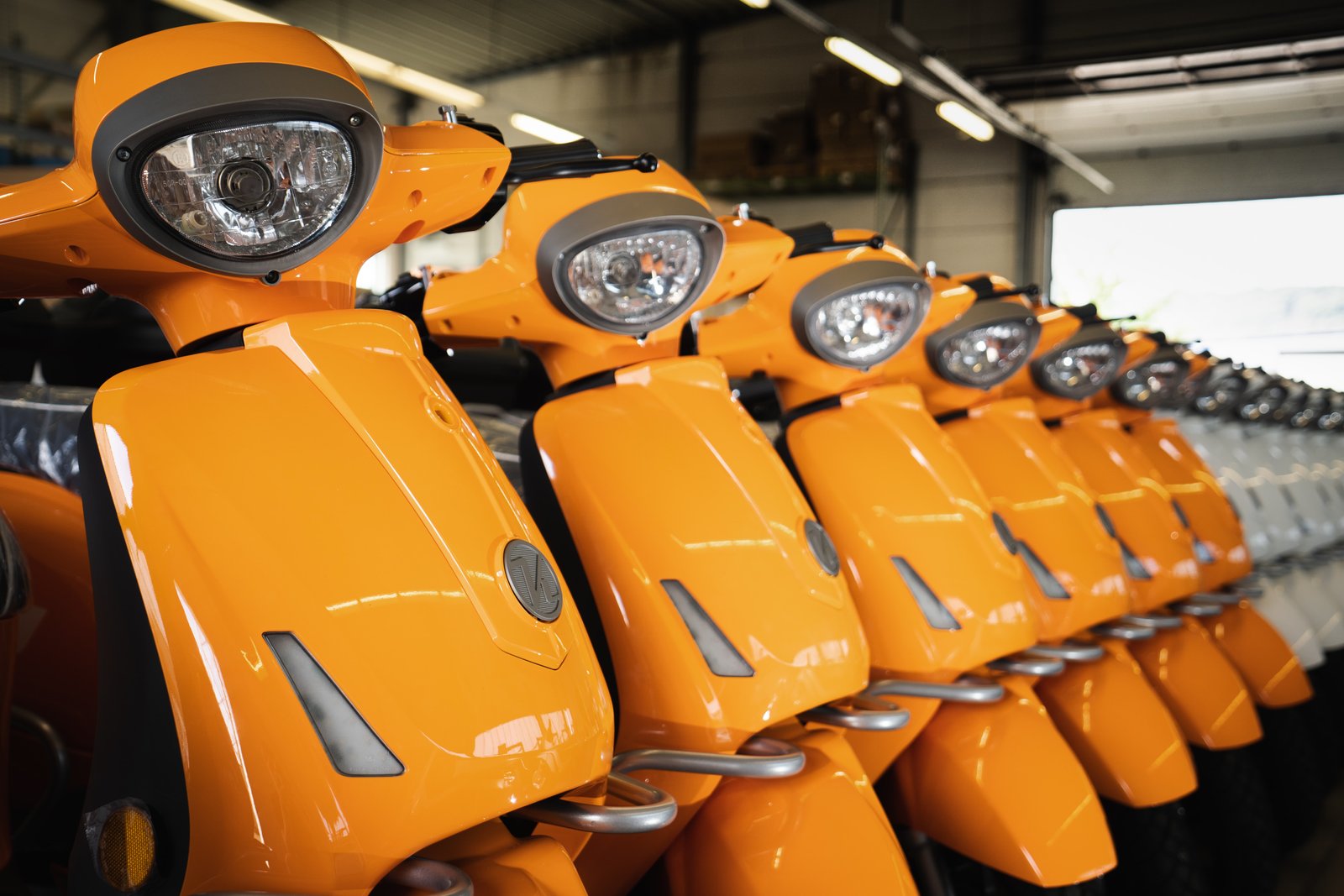
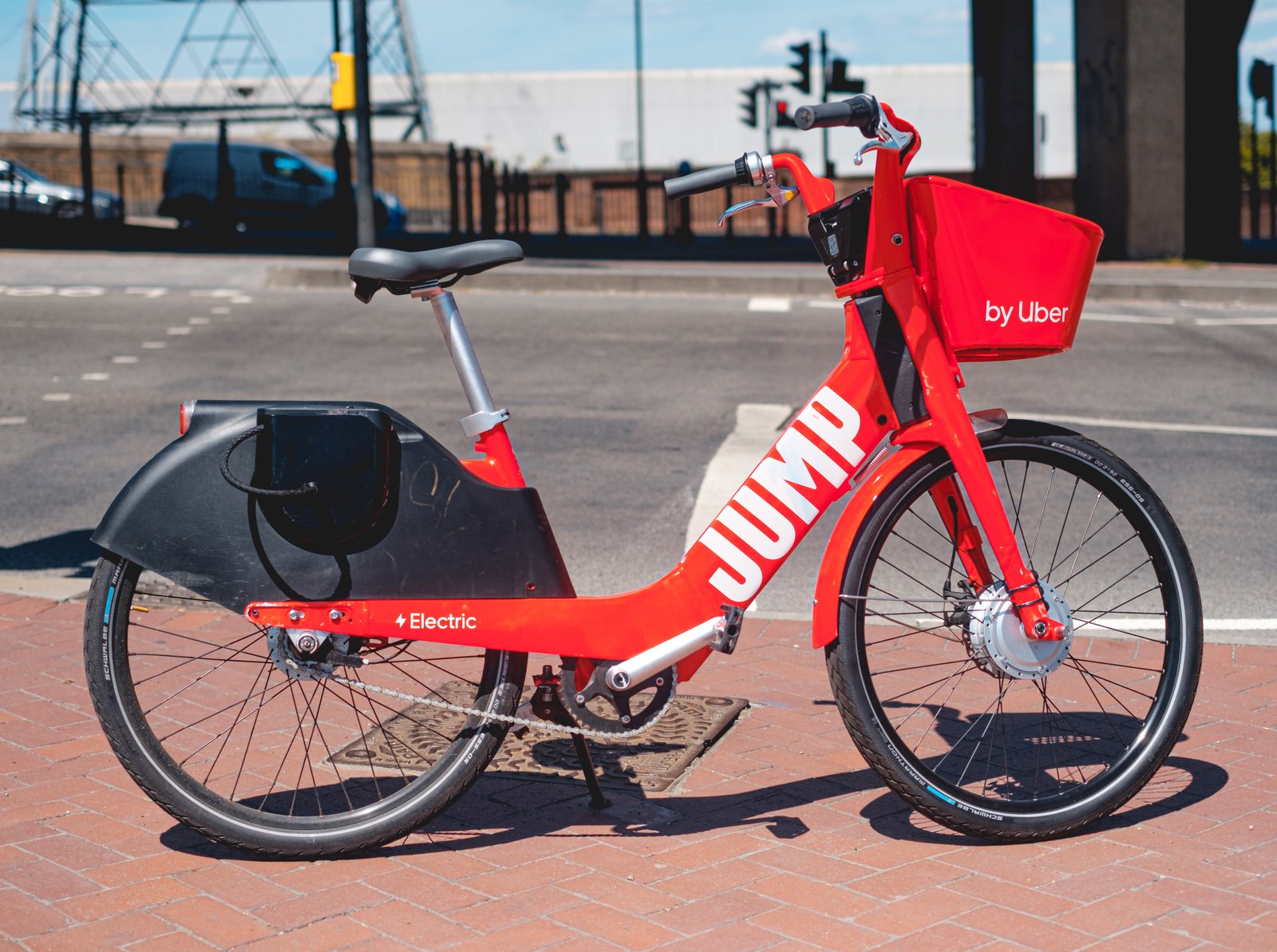
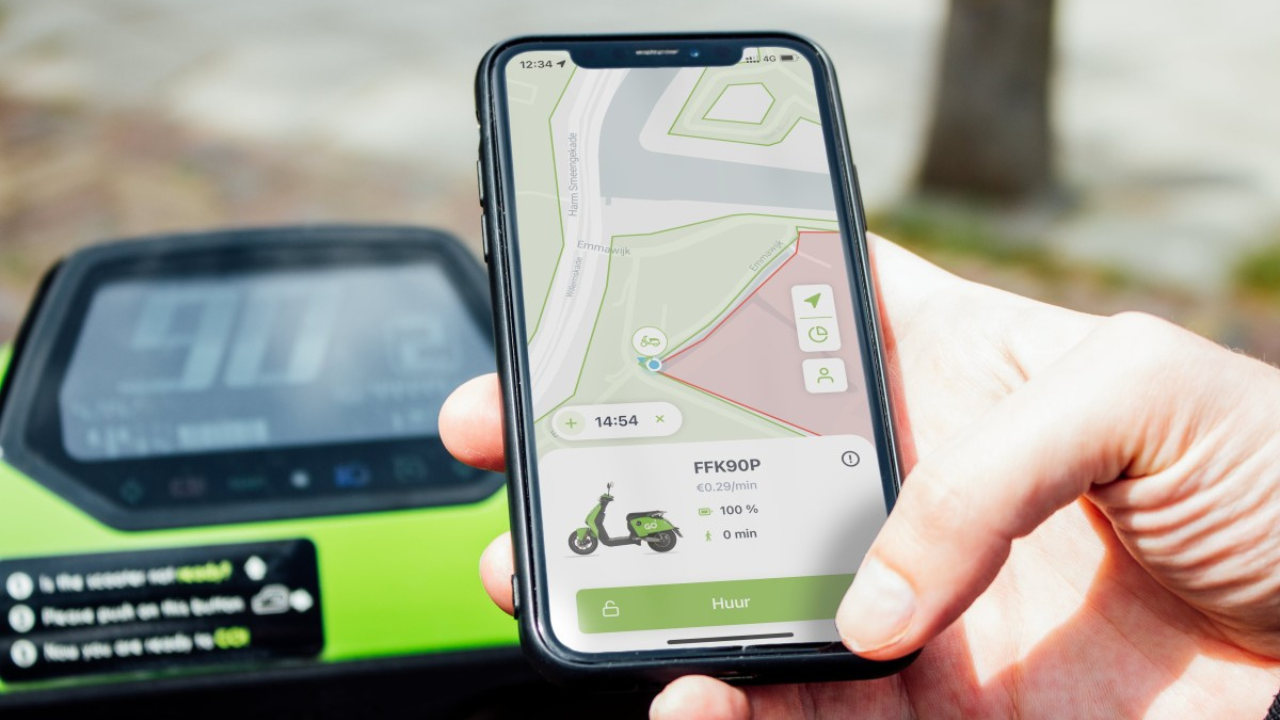
Leave a Comment